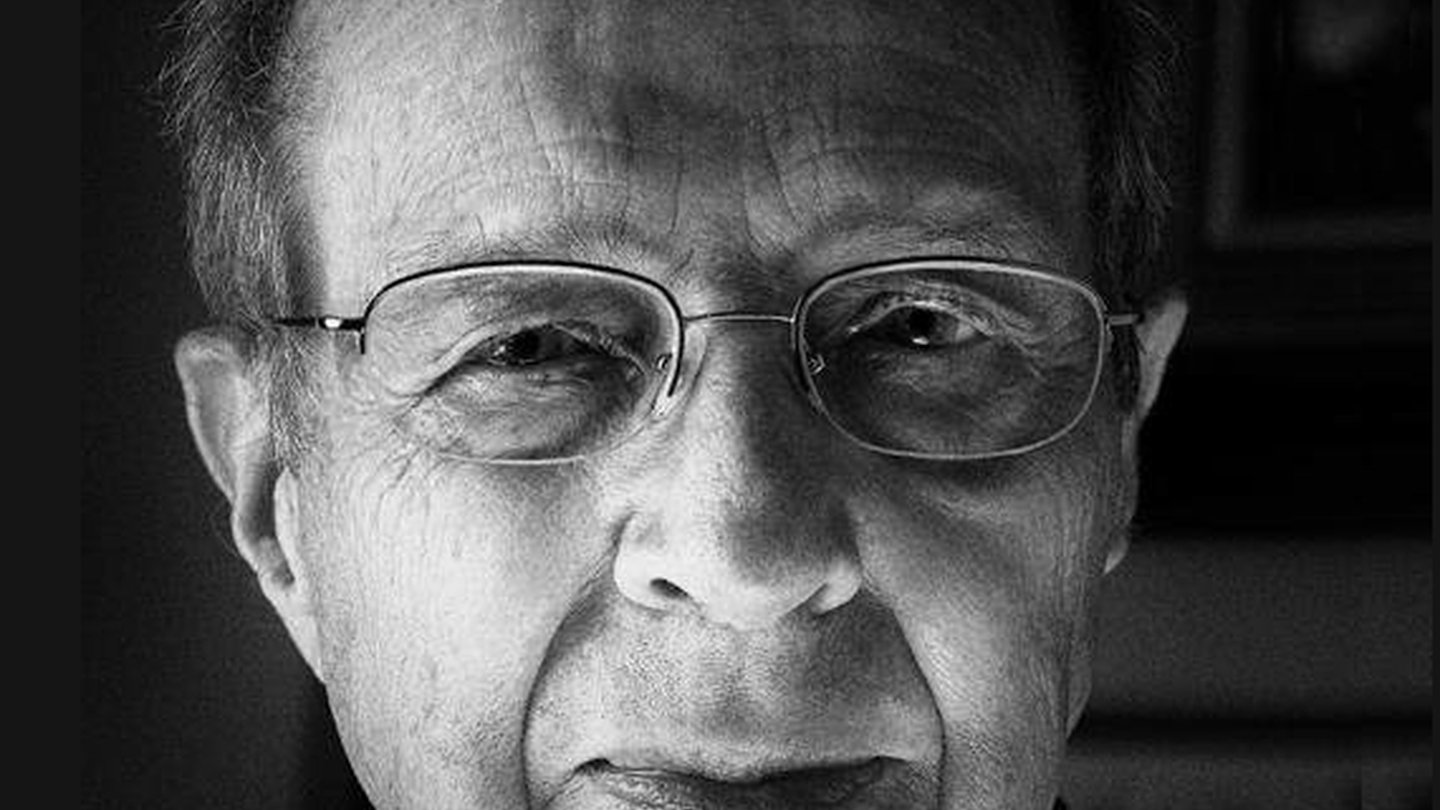William Perry at the Nuclear Brink
Former Secretary of Defense delivers the 2017 Andrew Carnegie Lecture on Conflict Prevention in honor of David Hamburg
Former Secretary of Defense delivers the 2017 Andrew Carnegie Lecture on Conflict Prevention in honor of David Hamburg

Former Secretary of Defense William Perry delivered the Andrew Carnegie Distinguished Lecture on Conflict Prevention at the Foreign Policy Association on November 3rd, surveying the global landscape of threats to nuclear stability, from North Korea and Iran, to U.S. relations with Russia. The lecture, supported by Carnegie Corporation of New York in honor of former president David Hamburg, was attended by diplomats, scholars and members of the FPA, founded in 1918 to lobby for global cooperation following the First World War.
Perry, who cited Hamburg’s role in supporting efforts to secure nuclear arsenals at the end of the Cold War, highlighted a number of missteps taken by both the U.S. and Russia in the 1990s that have led to decayed relations today.“When the Cold War ended in 1989, the world breathed a huge sigh of relief. We had somehow dodged the bullet, a bullet that could have extinguished our civilization. But in the last decade, inexplicably, inexplicably to me, we are beginning a new Cold War, said Perry, adding that, “the hostility in our relationship today was stimulated partly by actions of the United States and NATO, but it was also stimulated by aggressive actions and statements made by Putin.”
Perry also discussed the creation of an online course given through Stanford University based on his recent book, My Journey at the Nuclear Brink. “I'm trying to educate the public through this book, through lectures, and through courses, but I understand this message needs to get across not to tens of thousands, but to tens of millions,” the 90-year-old Perry said in embracing new tools of communications. “Books and lectures and courses do not do that, so I moved to the internet in trying to get this message across.”